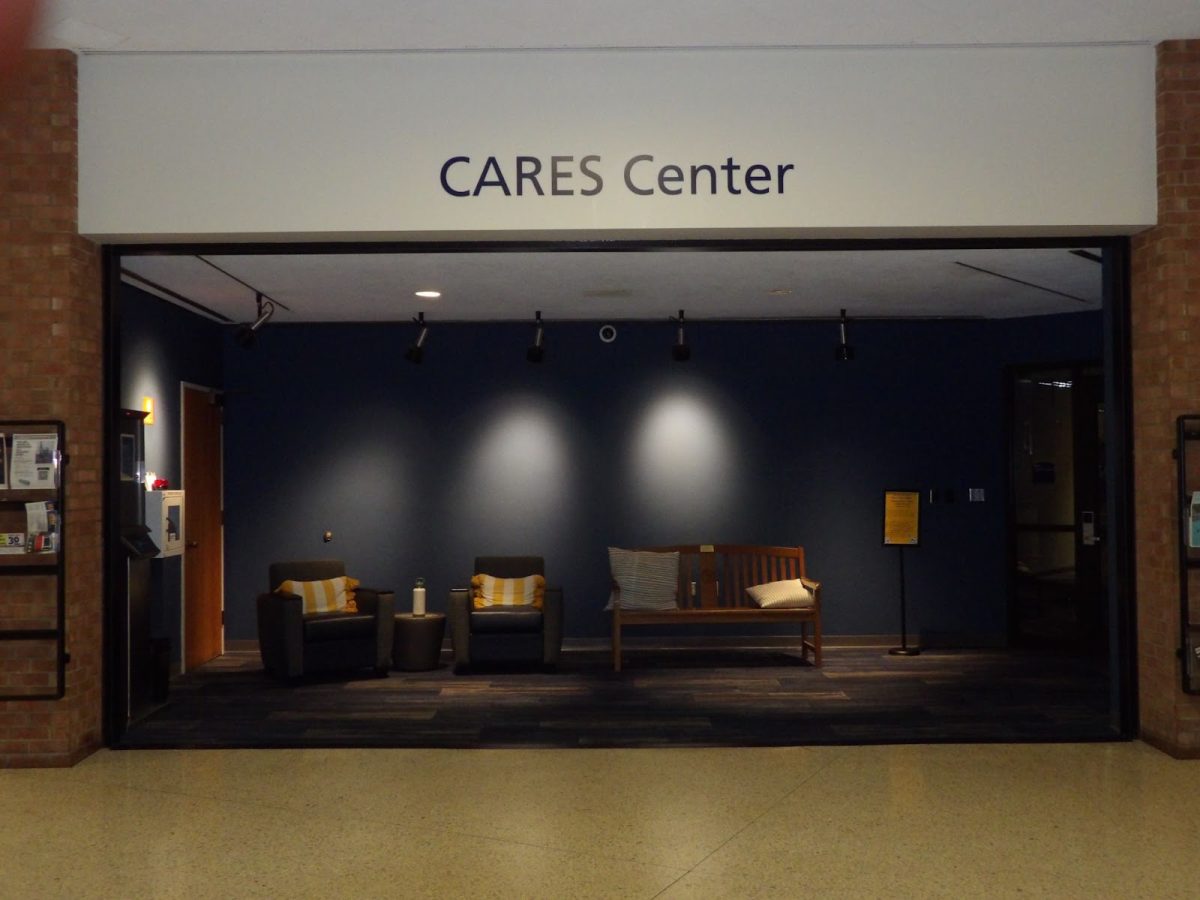More than four million students are food insecure across colleges and universities in the United States, according to the National Postsecondary Student Aid Study.
Professors Alyssa Anderson and Jennifer King from the university are localizing this issue with a study aimed to identify what issues need to be rectified concerning basic needs for students. Their goal is to show how to best expand resource accessibility to those experiencing food insecurity.
“We know it’s a problem — it’s a problem nationwide, and we want to know what the problem is here at Kent State at each campus,” King, an assistant professor in the College of Public Health, said. “Each campus is different and the populations are very unique, so that means that there are very unique challenges that students are facing.”
Anderson and King are currently conducting a research study across the university’s multi-campus community, inviting students 18-years-old and older to voluntarily participate by completing a survey to assess food insecurity and food resource usage.
This project is Institutional Review Board approved, meaning the project research has been approved by the board members, composed of administrative staff, faculty and community representatives, to use human participants. The university requires research training for investigators.
Anderson has a background as a registered dietitian and a doctorate in adult education. King has degrees in nutrition with a doctorate in public health.
Both Anderson and King are Kent State graduates who have unknowingly crossed paths in the past, King said.
“It’s been a nice alignment of our interests and where we are from — [Dr. Anderson] came back to Kent last fall, and then I came back to Kent in October of 2022,” King said.
With their combined knowledge and experiences, the two are working to identify the best approach to providing food resources to Kent’s campuses and the community through various student perspectives.
“This is the student’s home,” King said. “While it’s their home, we want to make sure that it is somewhere that is safe, supportive and allows them to thrive both with their physical well-being but also in their academic success.”
Anderson and King are looking to find tools and solutions that will be shared with other universities and areas in need of research information on food insecurity, Anderson said.
“There’s a lot of great things happening and there definitely has been a lot of growth in this area,” Anderson said. “It’s exciting to see what we can continue to do to make those resources best fit student needs.”
To their knowledge, the last comprehensive assessment of food insecurity was completed during fall of 2016, King said.
“It is likely that there has been some other assessment done, but we are not aware of that having happened,” King said.
Instead of providing a box of food to a client, it is important to set up food distribution as a client choice, Anderson said.
“Allowing students or clients to have a choice makes it a bit easier to introduce a program or service to someone, and it actually be something that they want rather than it just coming from the top down,” King said.
Students are encouraged to contact the CARES Center to ask questions and find resources addressing food insecurity, housing instability, financial and mental health issues.
The CARES Center runs Flashes Food Pantry, a food pantry in the CARES Center in room 106 in The Student Center, Flashes Fighting Hunger, a weekly food pantry outside Tri-Towers and Swipe Out Hunger, where students can donate meal swipes to students in need.
To receive basic needs help, students can fill out a form on the CARES website.
Lauren Bischof is a beat reporter. Contact her at [email protected].





